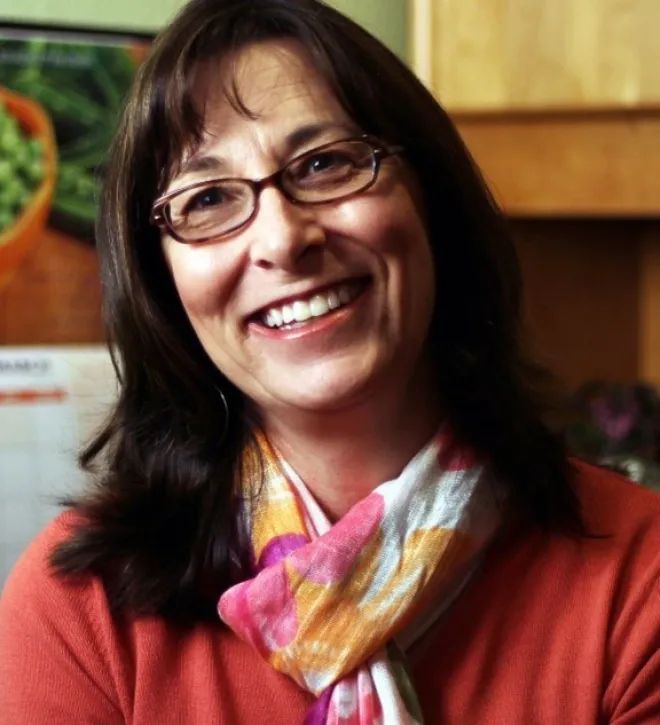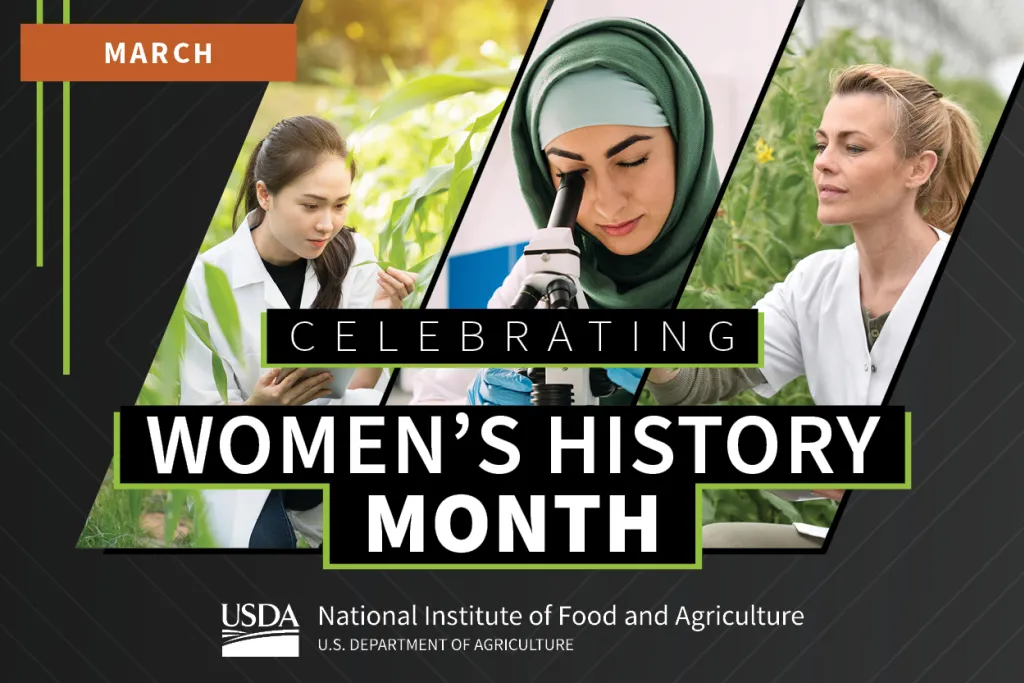In celebration of Women’s History Month, USDA’s National Institute of Food and Agriculture (NIFA) is highlighting leading women helping advance agriculture-related sciences. Get to know Dr. Lorrene Ritchie, inaugural director of the Nutrition Policy Institute and Cooperative Extension Nutrition Specialist in the University of California Division of Agriculture and Natural Resources.

Institute. Photo provided by Dr. Ritchie
What is your relationship with the National Institute of Food and Agriculture? I have been a grantee of several NIFA research awards, including an ongoing study to evaluate the impacts of a school district’s transition to freshly prepared school meals on meal appeal, student participation, intake, food and packaging waste, and school finances. This is a critical research topic as nearly every child in the United States has access to school meals, which are healthier than what most children eat elsewhere. I have also served as a grant proposal reviewer for NIFA
What is a typical workday for you?
One of the most interesting things about my job is that rarely is one day like another. I oversee a staff of about 30 researchers and support staff working on several dozen research projects at any given time. We work with collaborators across the state of California and the nation to conduct research related to the impact of nutrition on public health with a focus on the federal nutrition assistance programs, including the Special Supplemental Nutrition Program for Women, Infants and Children; the Child and Adult Care Food Program; and the National School Lunch and School Breakfast Programs. On any given day, I get to think about study design, data analysis and interpretation, and policy relevance on multiple different topics. I am never ever bored, as there is so much important work to be done to improve people’s health by changing what they eat!
What personal challenges have you encountered and how did you overcome them?
I pursued undergraduate and graduate degrees in science as a first-generation college student from a low-income family who found it difficult to understand what I was doing or why – given the cost and time required. Not surprisingly, ”imposter syndrome” and ”code switching” were my constant companions – at a time decades ago when these things were not yet talked about. I had the good fortune to be mentored by women who were trailblazers in nutrition science and made the path forward much easier.
Who are your role models? Who/what inspires you?
As an undergraduate studying chemistry and then in my first job as laboratory technician studying Parkinson’s disease, nearly all the professors and researchers were men. I was fortunate, however, in graduate school at the University of California at Berkeley (UCB) to be mentored by two remarkable women, Dr. Doris Calloway and Dr. Janet King. In addition to training, they instilled in me the confidence I needed to pursue a career in science. After teaching nutrition at UCB for several years, I was offered a job as a research scientist by Dr. Pat Crawford, who co-directed the Center for Weight and Health at UCB, along with Dr. Sharon Fleming and Joanne Ikeda. Dr. Crawford, as a nutrition specialist, expanded my horizons to see that research could and should move beyond the laboratory and into the real world. I have been inspired ever since to ask research questions whose answers have public health and policy impacts and can make a difference for the most vulnerable – namely children from low-income families. I have since had the good fortune to work with amazing women scientists who I learn from daily!
What advice would you give to girls and young women who want to enter nutrition? What advice do you have for fellow women in nutrition?
First, find good mentors and collaborators. You don’t know what you don’t know, and they can help you navigate the possibilities! Second, do not be afraid to pursue big ideas. You can be a change-maker at all levels of research. Third, build as you go. No one study is going to solve all nutrition problems – there is so much science to do! Over time and collectively, you can make a difference in the everyday lives of people!

